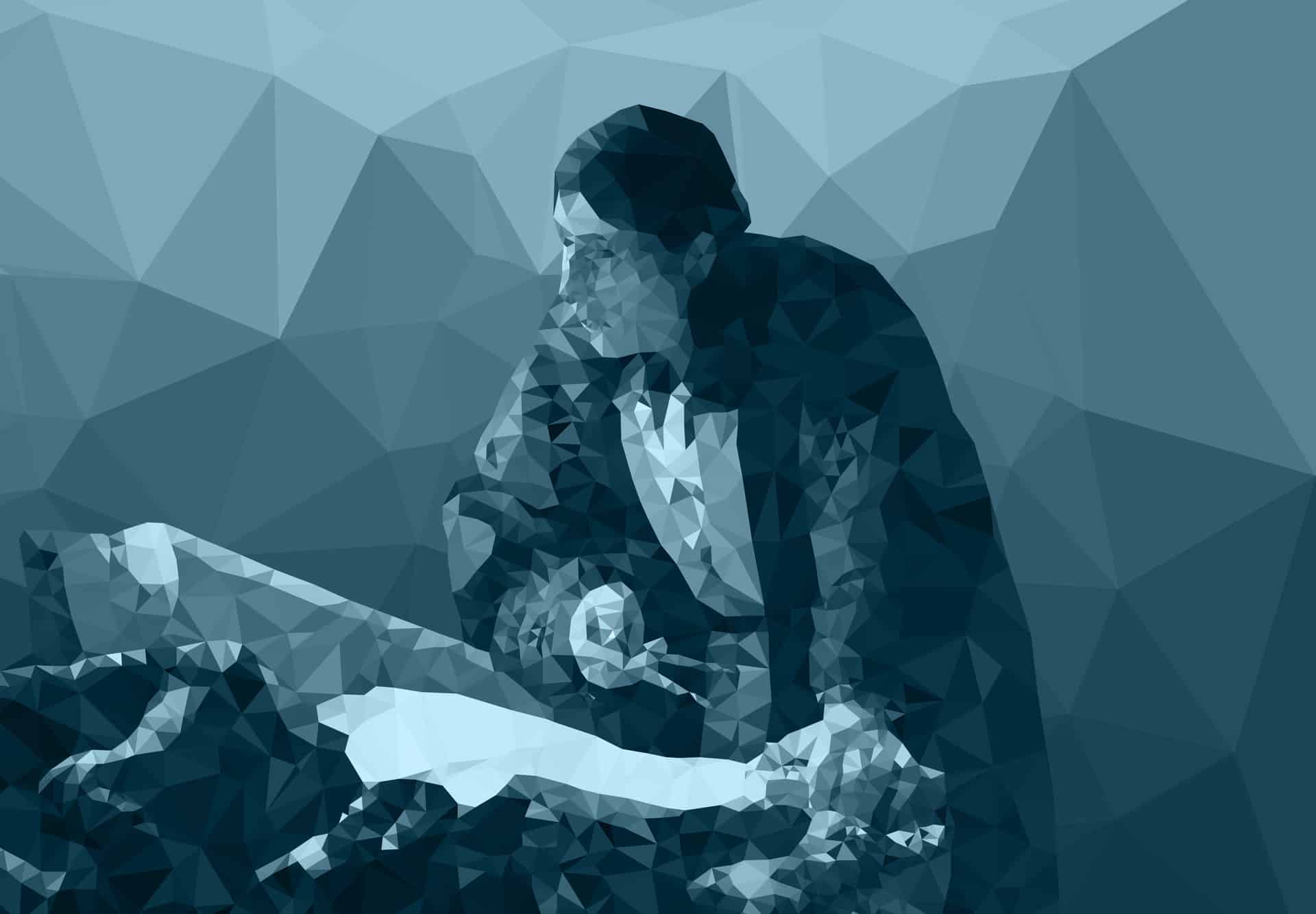€2,7M awarded within the HollandPTC consortium to researchers of ErasmusMC, LUMC and TU Delft for joint proton therapy research

Today 10 researchers were awarded with grants from the first HollandPTC-Varian consortium-confined call. In total €2,7M of funding will be used to boost the joint research between Erasmus MC, LUMC and TU Delft in the field of proton therapy. This is an important step towards realising the best possible proton treatment and finding proof of proton therapy efficacy.
Cooperation between the consortium partners is key. Marco van Vulpen, medical director and chair of the HollandPTC R&D programme board: “HollandPTC is an open research facility for all researchers within the field of proton therapy and we believe this cooperation facilitates and strengthens research and will lead to better results. We congratulate the researchers with their grants and welcome them to our research facility.”
The grants are awarded to:
- Dr. Eleftheria Astreinidou (LUMC): MR imaging biomarkers associated with patient-reported xerostomia and dysphagia post-proton beam therapy.
- Dr. Erik Hensen (LUMC): Personalised radiotherapy for vestibular schwannomas.
- Prof. dr. Mischa Hoogeman (Erasmus MC) and dr. Zoltán Perkó (TU Delft): Improved healthy-tissue sparing by automated daily online plan adaptation in proton therapy for head and neck cancer (IMAGINATION).
- Dr. Stijn Krol (LUMC) and prof. dr. Hans Bloem (LUMC): Defining optimal imaging strategies for diagnosis, treatment and treatment evaluation of chordomas and chondrosarcomas of the axial skeleton.
- Dr. Alejandra Méndez Romero (Erasmus MC): Improving toxicity modelling, patient selection and clinical outcome of proton therapy in low grade glioma.
- Dr.ir. Dennis Schaart (TU Delft): Cone-beam spectral CT: enabling in-situ adaptation in proton therapy.
- Dr. Frans Vos (TU Delft) and prof.dr.ir. Thijs van Osch (LUMC): New methodology for developing biomarkers of radiation-induced toxicity in brain tumour patients based on advanced MR imaging of the microvasculature and white matter microstructure.
About the HollandPTC consortium call
Several rounds of consortium calls are part of the HollandPTC R&D programme. Next rounds are scheduled for 2019 and 2020. The HollandPTC R&D programme focuses on a variety of topics within the fields of biology, physics & technology, and applied clinical research related to proton therapy.
More information on the projects
MR imaging biomarkers associated with patient-reported xerostomia and dysphagia post-proton beam therapy
PI: dr. Eleftheria Astreinidou (LUMC)
Aim of the study: To validate MRI techniques to localize radiation-induced tissue damage and use these techniques for improved proton beam therapy treatment planning optimization and normal tissue complication probability (NTCP) modeling of xerostomia and dysphagia.
Personalized radiotherapy for vestibular schwannomas
PI: dr. Erik Hensen (LUMC)
Aim of the study: Elucidate the potential of proton radiotherapy in vestibular schwannoma patients, and identify patient subgroups that would benefit most. Compare proton with photon radiotherapy in vestibular schwannoma patients and predict the response of vestibular schwannomas to proton and photon radiotherapy.
Improved healthy-tissue sparing by automated daily online plan adaptation in proton therapy for head and neck cancer (IMAGINATION)
PI’s: prof. dr. Mischa Hoogeman (Erasmus MC) and dr. Zoltán Perkó (TU Delft)
Aim of the study: This project’s overarching goal is to reduce the probability of side effects in patients for head and neck cancer by investigating and clinically implementing automated daily online plan adaptation. A successful implementation will provide the means to very precisely target the tumour to potentially escalated doses and to maximally avoid organs-at-risk.
Defining optimal imaging strategies for diagnosis, treatment and treatment evaluation of chordomas and chondrosarcomas of the axial skeleton
PI’s: dr. Stijn Krol (LUMC) and prof. dr. Hans Bloem (LUMC)
Aim of the study: To accurately differentiate between the 2 main tumour types chondrosarcomas and chordoma, and its low and aggressive sub-types using imaging parameters. To identify viable tumour nodules in untreated and previously treated chondrosarcomas and chordomas to enable therapeutic targeting (proton beam therapy). To establish a reliable and user-friendly workflow for image fusion of diagnostic imaging datasets with the HollandPTC planning-CT to accurately plan and deliver focused proton beam therapy. To determine early and late response to radiotherapy allowing respectively adaptive proton therapy planning and response to treatment evaluation. To identify parameters that predict prognosis.
Improving toxicity modelling, patient selection and clinical outcome of proton therapy in low grade glioma
PI: dr. Alejandra Méndez Romero (Erasmus MC)
Aim of this study: The overall goal of this project is to gain insight into radiation-induced toxicity and into the effect of proton dose distributions through biological modelling. This new knowledge will contribute to better define the role of proton therapy in reducing side effects in patients with low grade glioma.
Cone-beam spectral CT: enabling in-situ adaptation in proton therapy
PI: dr.ir. Dennis Schaart (TU Delft)
Aim of this study: The main objective of this project is to initiate research targeted at the development, implementation, and clinical validation of cone-beam spectral CT (CBSCT) as an ideal image guidance modality for image-guided online-adaptive proton therapy (IGOAPT).
New methodology for developing biomarkers of radiation-induced toxicity in brain tumour patients based on advanced MR imaging of the microvasculature and white matter microstructure
PI’s: dr. Frans Vos (TU Delft) and prof.dr.ir. Thijs van Osch (LUMC)
Aim of the study: Creating new MR imaging and image analysis techniques for the development of novel biomarkers of radiation toxicity to solve limitations of currently available methods.
